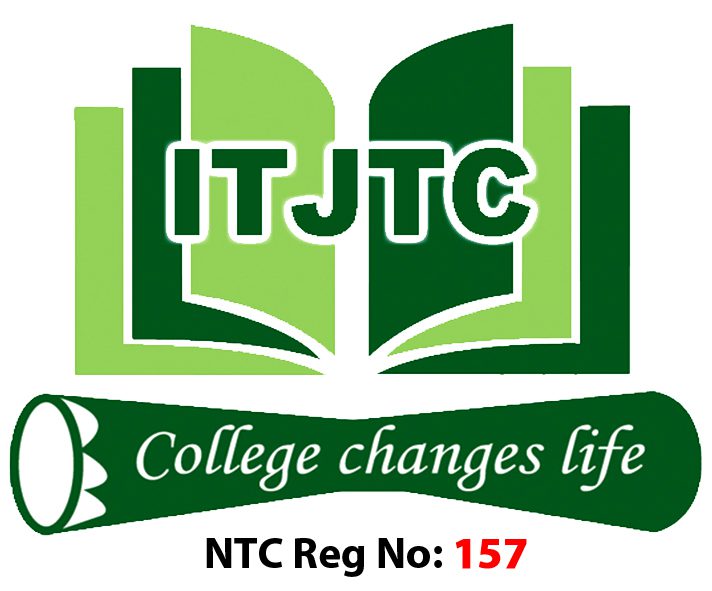Diploma in Human Resource Management
8+8
UnitS
G12/Cert.
ENTRY REQUIRMENT
ILT/ONLINE
DELIVERY MODE
12M
Duration
K4900.00
COURSE FEE
Course OverView
This qualification delivers advance skills in the role of individuals who work in a range of support positions in human resources. Course content include processing and spreadsheet, effective communication skills, mastering interview skills when new employees are hired and ethics in workplace, important competency that a HR personal will need.
This certificate is ideal for those who want to enter a career in HR, but it is also a great learning tool for current managers or business owners who want to diversify their skillset and improve the HR component of their business.
Completing this course will help you:
Opportunity to enter into a structured corporate role with a HR qualification. Roles include:
- Human Resources Manager
- Human Resources Assistant
- Human Resources Coordinator
- Human Resources Administrator
- Human Resources Officer
- Payroll Officer
Who is the course for?
This course is suitable for learners who complete year 12, or successfully completed ITJTC certificate level training, work people who wish to change career. Learners who looking to learn how to lead teams, manage recruitment processes and give employees a feeling of empowerment and security
COURSE CONTENT
Learning Objective:
o Describe the art of finance and financial management
o Explain key financial terms
o Determine your role in company finances
o Find the rules and regulations for your area and industry
o Discuss various types of financial reports, including income statements, balance sheets, cash flow statements, and statements of retained earnings
o Explain how a chart of accounts is created
o Tell the difference between cash and accrual accounting
o Explain single entry and double entry bookkeeping
o Differentiate between debits and credits
o Identify and analyze important financial data
o Make financial decisions
o Read annual reports
o Determine whether a company is financially high or low risk
o Recognize different types of organizational financial plans
o Explain what budgets are and how to prepare them
o Recognize what computer skills you need to make you a financial whiz
o Deal with financial situations that impact the people that work for you
Learning Objectives
At the conclusion of this course, you will:
- Recognize the importance of having a performance review process for employees.
- Understand how to work with employees to set performance standards and goals.
- Develop skills in observing and giving feedback, listening and asking questions, for improved performance.
- Identify an effective interview process and have the opportunity to practice the process in a supportive atmosphere.
- Make the performance review legally defensible.
Learning Objectives
At the end of this training, you will be able to:
o Demonstrate your understanding of learning styles and how to accommodate all four learning styles in the classroom
o Apply the key principles of effective communication in a workshop setting
o Use a variety of training techniques to stimulate participation
o Develop a plan and prepare for an effective training session
o Explain the different levels of evaluation and when to use each
o Identify advanced interventions for difficult situations
o Put your skills to work for a team presentation
Learning Objectives
At the end of this workshop, you will be able to:
o Understand the value of working as a team
o Develop team norms, ground rules, and team contracts
o Identify your team player style and how it can be used effectively with your own team
o Build team trust
o Identify the stages of team development and how to help a team move through them
o Recognize the critical role communication skills will play in building and maintaining a team atmosphere
Identify ways that team members can be involved and grow in a team setting
Learning Objectives
At the end of this study, you will be able to:
o Understand how important an orientation program is to an organization.
o Identify the role of the human resource department in the orientation program.
o Recognize how the commitment curve affects both new employees and their managers.
o Know what companies can do to deliver their promise to new employees.
o Determine the critical elements of effective employee training.
o Establish the importance of having an employee handbook for new and long-term employees.
Learning Objectives
At the end of this Training, you will be able to:
o Identify what motivation is
o Describe common motivational theories and how to apply them
o Learn when to use different kinds of motivators
o Create a motivational climate
Design a motivating job
Learning Objectives
At the end of this Study, you will be able to:
o Understand the difference between a safety program and a safety culture
o Use resources to help you understand the regulations in your area
o Launch a safety committee
o Identify hazards and reduce them
o Apply hiring measures that can improve safety
o Explain what a safety training program will involve
o Identify groups particularly at risk for injury and know how to protect them
o Help your organization write, implement, and review a safety plan
o Respond to incidents and near misses
o Understand the basics of accident investigation and documentation
Learning Objectives
At the end of this training, you will be able to:
o Recognize how your own attitudes and actions affect others.
o Find new and effective techniques for dealing with difficult people.
o Learn some techniques for managing and dealing with anger.
o Develop coping strategies for dealing with difficult people and difficult situations.

